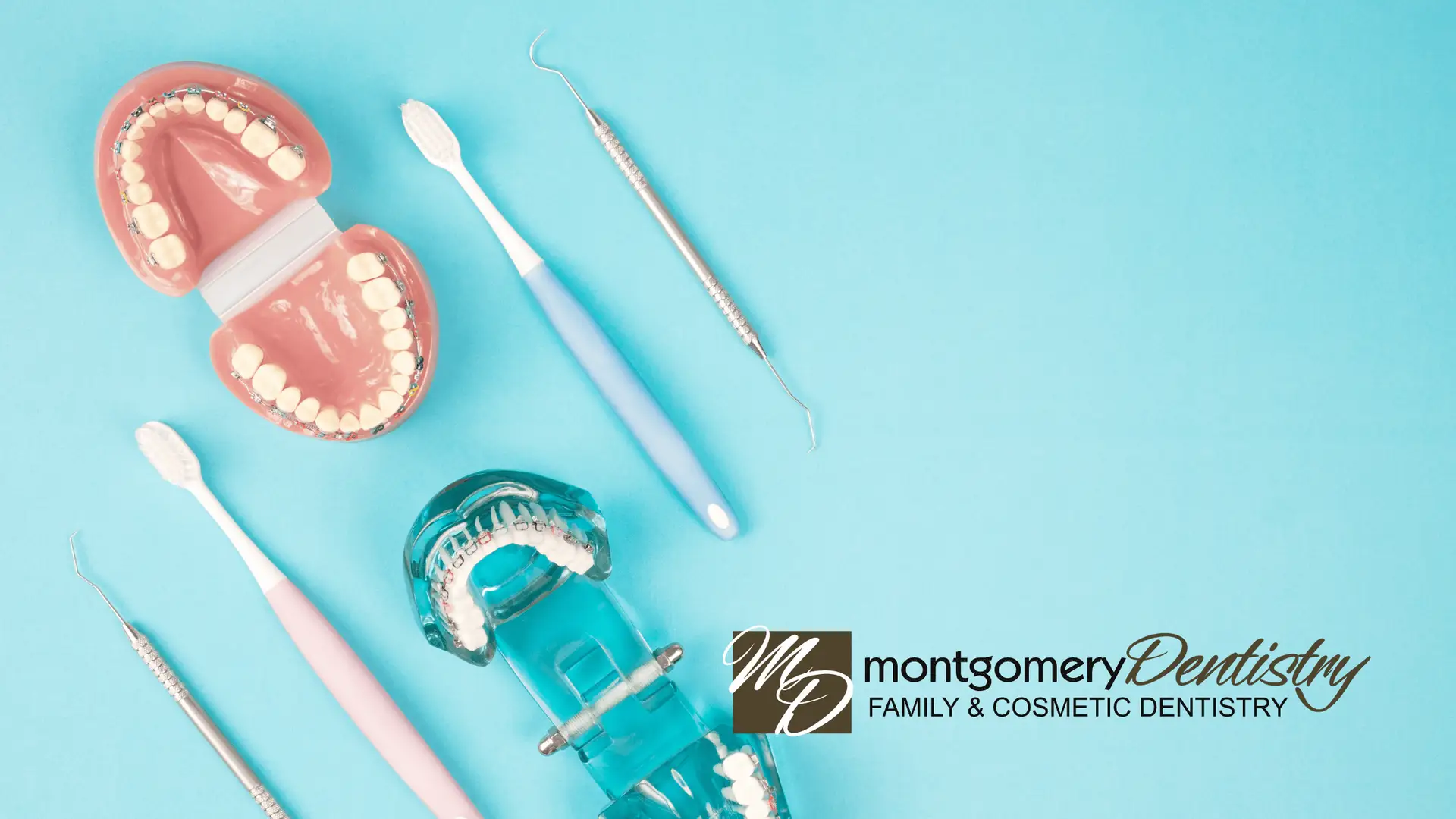Your sweet Aunt Margaret just shared an article on Facebook that claims flossing is a giant waste of time. Your best friend’s ex-boyfriend knows someone who was a dental assistant for two weeks and says bleeding gums are nothing to worry about. How can you know what to believe anymore? Don’t worry- we’re here to set the record straight. Here are a few of the most common dental health myths we hear on a regular basis, along with explanations of why they’re simply not true.
Myth 1: Your dentist can’t tell if you haven’t been regularly brushing and flossing.
Fact: Got a dentist appointment coming up and realized you’ve been slacking in the oral hygiene department? Even if you brush and floss with all your might right before your appointment, your dentist will probably still be able to tell you haven’t been doing it regularly. There’s no hiding plaque buildup and inflammation. Skip this problem by keeping up with your regular brushing and flossing schedule between visits to the dentist.
Myth 2: The harder you brush your teeth, the cleaner they’ll be.
Fact: This line of thinking seems logical, but brushing your teeth too hard can actually strip away the enamel over time, which can cause your teeth to become brittle and cavity-prone. It’s also not great for your gum health. Plaque is typically soft and loose, so there’s no need to forcefully scrub it away. Instead, focus on brushing your teeth with gentle circular motions.
Myth 3: You only need to visit the dentist if you think something is wrong.
Fact: Most people actually need to see the dentist every six months or so, even if they do a good job of taking care of their dental health on their own. If you regularly visit the dentist, your teeth will stay clean and healthy year-round. Plus, regular dental appointments will give your dentist the opportunity to catch potential problems in the early stages.
Myth 4: Dental health doesn’t impact overall health.
Fact: You might be surprised to learn that the quality of your dental health can directly impact other areas of your health that seem unrelated. Poor oral hygiene can lead to heart problems, pregnancy complications, and serious infections like pneumonia. Staying on top of your dental health is extremely important in terms of your overall health.
Myth 5: You don’t really need to floss.
Fact: There’s no way around it– flossing is essential. It’s one of the most efficient and effective ways to remove plaque from spots between your teeth that your toothbrush can’t reach. If you skip flossing and rely solely on brushing, you run the risk of developing cavities and even gum disease. Make sure you’re flossing at least once per day, and maybe even more if you’re eating things that get stuck between your teeth easily.
Myth 6: Baby teeth aren’t important.
Fact: Even though they aren’t permanent, baby teeth are still extremely important. They’re prone to plaque and tartar buildup just like adult teeth are, and there’s also still a risk of gum disease if they aren’t cared for properly. Additionally, baby teeth are essentially placeholders for adult teeth. If those baby teeth are lost early due to poor dental health, the following adult permanent teeth might not come in properly, which could lead to a need for orthodontic work. Keep your child’s oral hygiene in check by establishing a routine early on and bringing them in for their first dental visit within six months of their first tooth coming out.
Myth 7: If your teeth are white, they’re healthy.
Fact: The whiteness of your teeth is not necessarily a reliable indicator of how healthy they are. In fact, the healthiest teeth tend to have a natural, off-white hue caused by a dense internal layer of dentin. Plus, teeth can darken a bit over time as the external enamel naturally wears away. You shouldn’t assume that your teeth are healthy just because they’re white, and you shouldn’t be too worried about your dental health solely because your teeth have a yellow or off-white tint.
Myth 8: You can only get cavities from eating too much sugar.
Fact: Too much sugar in your diet can definitely increase your chances of developing cavities over time, but sugar isn’t the only culprit. Cavities are formed when bacteria in the mouth eats away at debris on the teeth, producing acid and plaque. Lots of this debris comes from carbohydrates, which can be found in everything from broccoli to donuts. Highly acidic foods and drinks can also wear down tooth enamel, creating a perfect environment for cavities to develop. You typically don’t need to worry too much about altering your diet for the sake of your dental health as long as you’re consuming carbs and acids in moderate amounts in addition to brushing and flossing regularly. If you’re concerned, though, you can always ask your dentist for their recommendations.
Montgomery Dentistry provides dental care that’s comfortable, convenient, and affordable. Call us today at (334) 279-0760 to schedule your next appointment!
About the Author
-

Dr. Amy Morrison Anderson
Dr. Amy Morrison Anderson joined our practice in July 2005. She is a lifelong resident of Montgomery, and a graduate of Jefferson Davis High School, Auburn University, and the University of Alabama, Birmingham School of Dentistry.
She is a member of the American Dental Association, the Alabama Dental Association, and the Academy of General Dentistry.
Dr. Anderson most enjoys doing veneers. “The reward of seeing my patients’ self-confidence and self-esteem boosted by a beautiful smile is immeasurable.”
Brandon, her husband, is also a graduate of Jefferson Davis High School and Auburn University. They have one daughter, Bailey Elizabeth, and twin sons, Caden and Cole.
